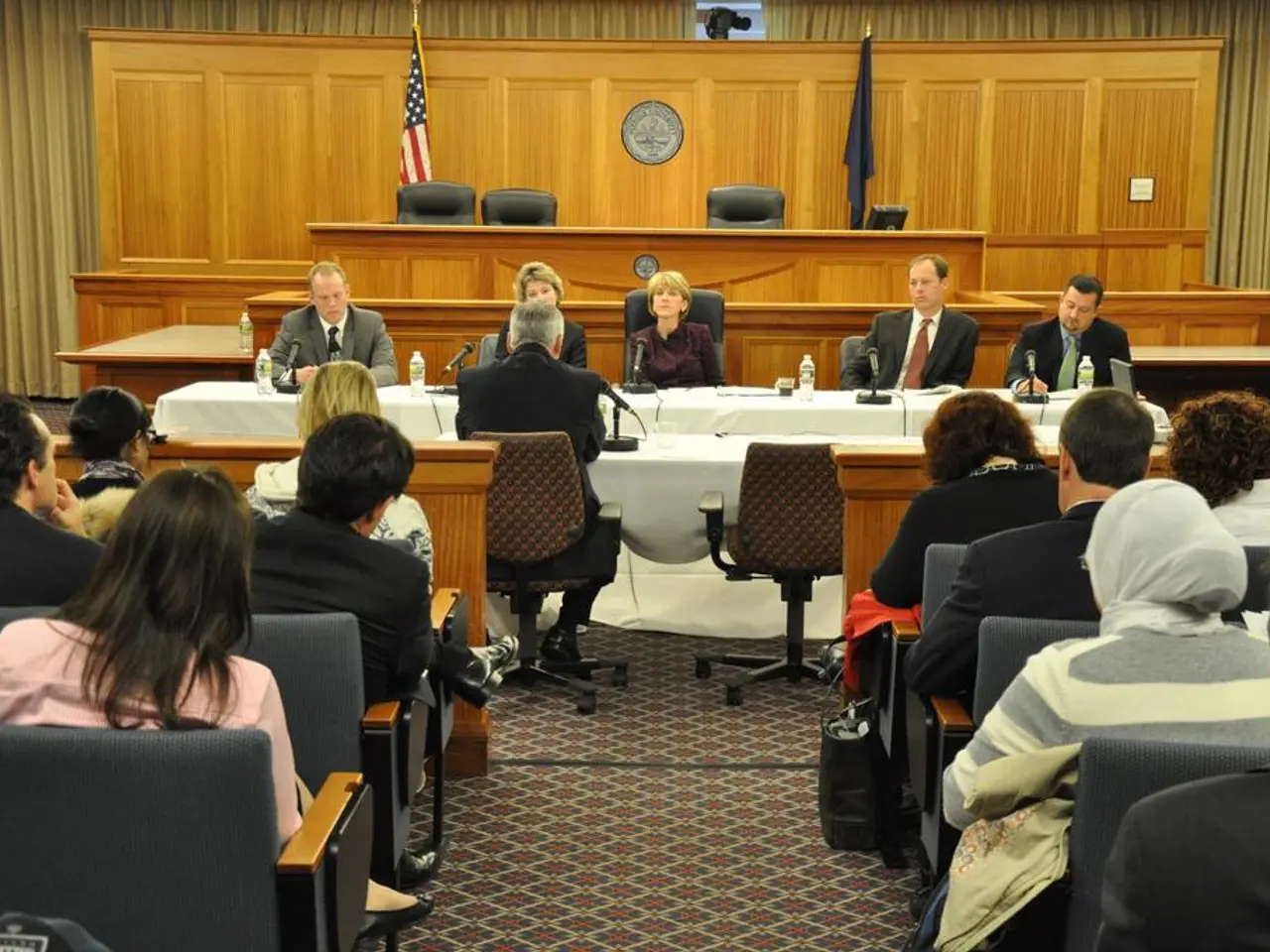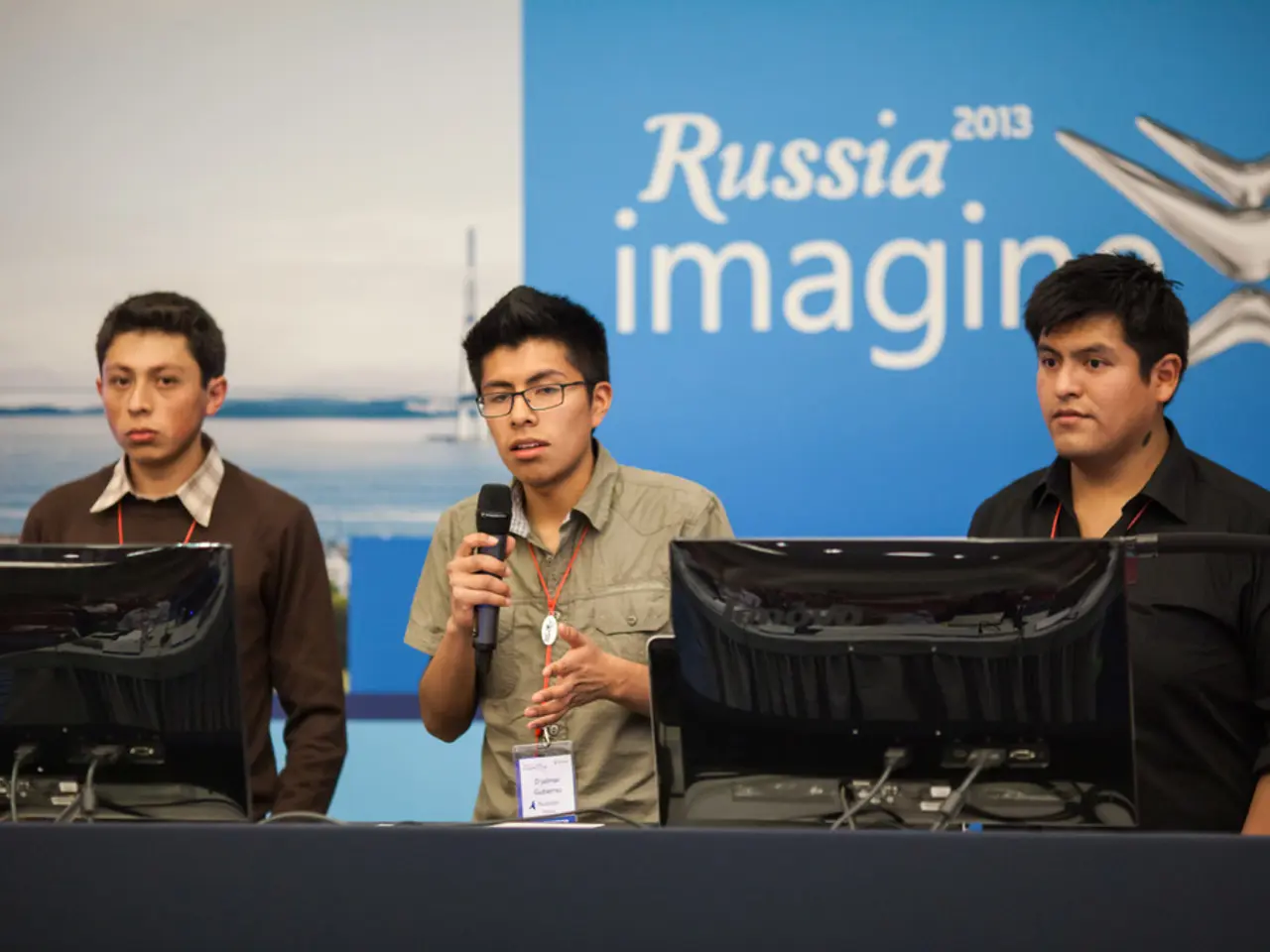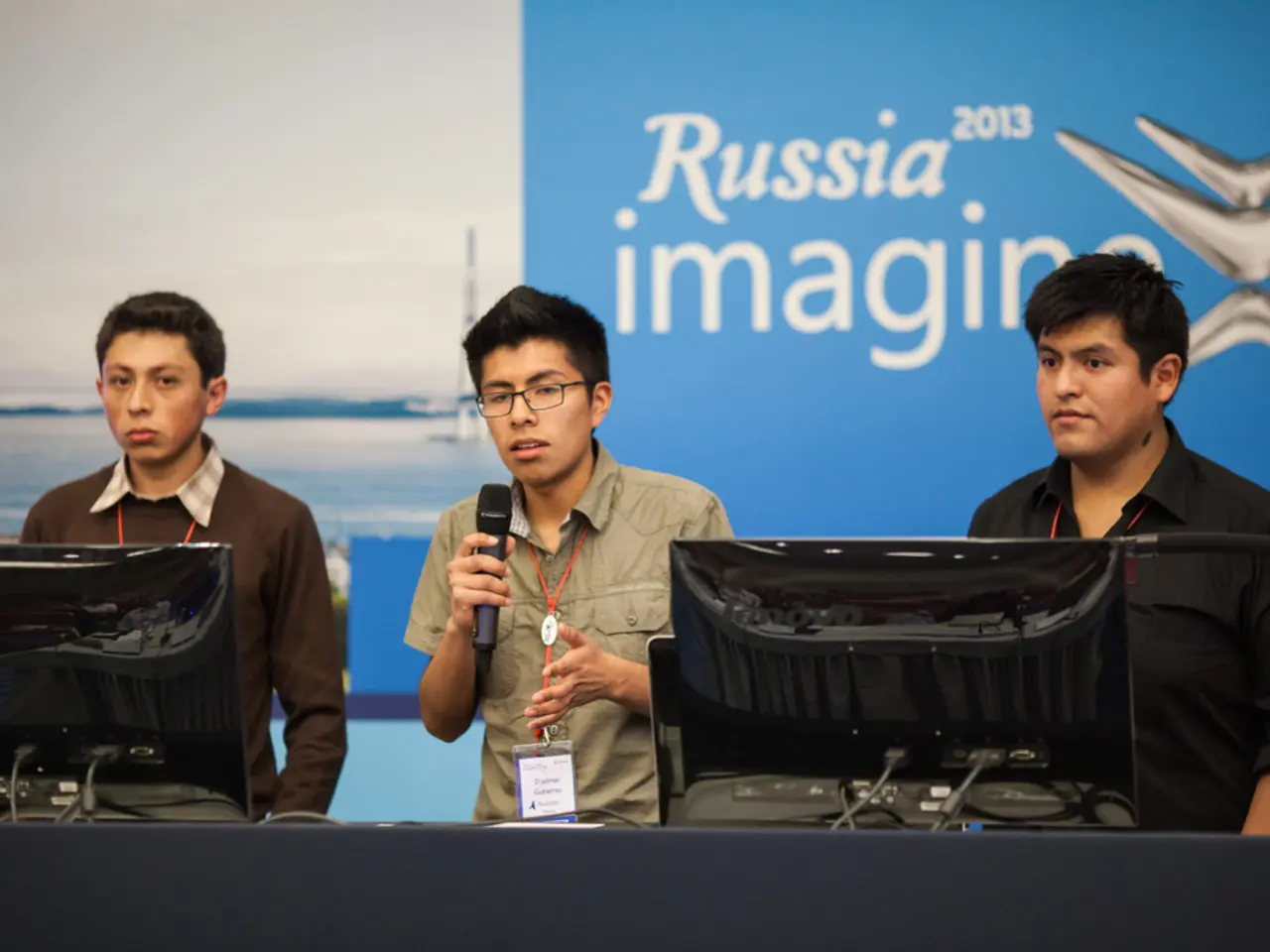Unity amongst Asian countries in implementing a global plastic treaty may prove challenging, according to regional analysts.
Asian Countries Face Challenges in Agreeing on International Plastics Treaty
A treaty aimed at reducing global plastic pollution is facing significant hurdles due to diverging positions among Asian countries, as they grapple with balancing economic interests, environmental protection, and public health concerns.
The Asia-Pacific region, encompassing nations like Saudi Arabia, Kuwait, Qatar, Thailand, Malaysia, Indonesia, and the Philippines, among others, is both a major producer and victim of plastic pollution. This dual role creates tension between the desire to protect public health and the environment and the goal of economic growth based on plastic production and export.
Some countries, particularly those that produce plastics and related chemicals, are resistant to the treaty's scope addressing the entire plastics lifecycle. They seek to exclude binding commitments to reduce primary plastic polymer production and limits on toxic chemicals associated with plastics. Nations such as Saudi Arabia and some Southeast Asian countries insist that the treaty should focus on improving downstream waste management and recycling.
Oil and plastic-producing countries, like Saudi Arabia, Iran, Russia, and others in Asia, oppose restrictions on new plastic production. These nations often advocate for focusing on improved waste management and recycling rather than cutting production drastically.
Southeast Asian countries like Malaysia, Indonesia, Thailand, the Philippines, and Vietnam face the double burden of being waste dumping sites due to transboundary plastic waste trade. Civil society and parliamentarians from these countries have jointly pushed for a human-rights-centered and environmentally sustainable approach, emphasizing the need to reduce plastic production and the full lifecycle impacts of plastics.
Industry groups lobby against measures such as caps on primary plastic production and bans on single-use plastics, promoting circular economy narratives that prioritize downstream waste management over upstream production cuts.
Negotiators face over 300 unresolved points, including whether to ban or limit new plastic production, how to list and regulate harmful chemicals (e.g., PFAS), and the balance between waste management and production cuts. These complexities make it challenging to reach agreement on desired treaty outcomes because countries prioritize economic development and jobs linked to plastic production differently, some governments are wary of legal obligations that might impact the petrochemical industry or trade, and the plastic lifecycle is complex, requiring coordinated action across production, chemical regulation, waste management, and human rights considerations.
China, responsible for more than 30% of global plastic materials production, has shown openness to primary plastic polymer regulations at the Busan talks. However, China emphasized that polymers can have multiple uses, some of which may be "problematic" depending on application. In its resolution at the last session, China sought clarity on which polymers fall under regulation. A shift in China's position at the last negotiations has been observed, compared to previous treaty talks.
The next round of talks will take place in Geneva, Switzerland, from 5 to 14 August. The Philippines and Thailand are pushing for legally binding limits on all stages of plastics production and stronger action on the chemicals used in plastics. The High Ambition Coalition, which includes the European Union, African and Caribbean nations, and some Pacific and Latin American countries, is pushing for mandatory, global caps on plastic production, strict bans on hazardous chemicals in plastics, and phased reductions that address the entire plastic life cycle.
The positions of South Korea, Japan, and the Pacific Small Island developing states also have to be considered. China's engagement in bilateral and multilateral engagements suggests a willingness to negotiate a workable treaty. However, China's position in the Like-Minded Group has not been explicitly stated.
The need to reconcile environmental protection with social equity, particularly for marginalized groups affected by plastic pollution (waste pickers, indigenous peoples, women, and coastal communities), adds further complexity to the negotiations. In summary, Asian countries' positions vary due to competing priorities between reducing plastic production, managing pollution, protecting health and the environment, and sustaining economic interests in plastics and fossil fuels. This makes negotiating a robust treaty difficult, as countries disagree on the treaty's scope, legal obligations, and measures to tackle the plastics crisis at its source rather than focusing only on waste management.
- Science and environmental-science research indicate that addressing plastic pollution is crucial to mitigating climate-change effects, but the Asia-Pacific region, with its complex positions on the issue due to economic interests and public health concerns, poses significant challenges in finalizing an international plastics treaty.
- The general-news reports that negotiations have stalled over 300 unresolved points, including bans or limits on new plastic production, chemical regulations, and the balance between waste management and production cuts, demonstrating the intricate relationship between environmental-science, policy-and-legislation, and politics.
- The negotiations reveal a divide between countries like Saudi Arabia, which advocates for improved waste management and recycling rather than cutting production drastically, and Southeast Asian countries, which push for a human-rights-centered and environmentally sustainable approach that emphasizes reducing plastic production.
- The upcoming Geneva talks promise a critical moment in shaping the treaty's outcome, as the High Ambition Coalition, comprising several countries and the European Union, pushes for mandatory, global caps on plastic production, strict bans on hazardous chemicals, and phased reductions addressing the entire plastic lifecycle.







